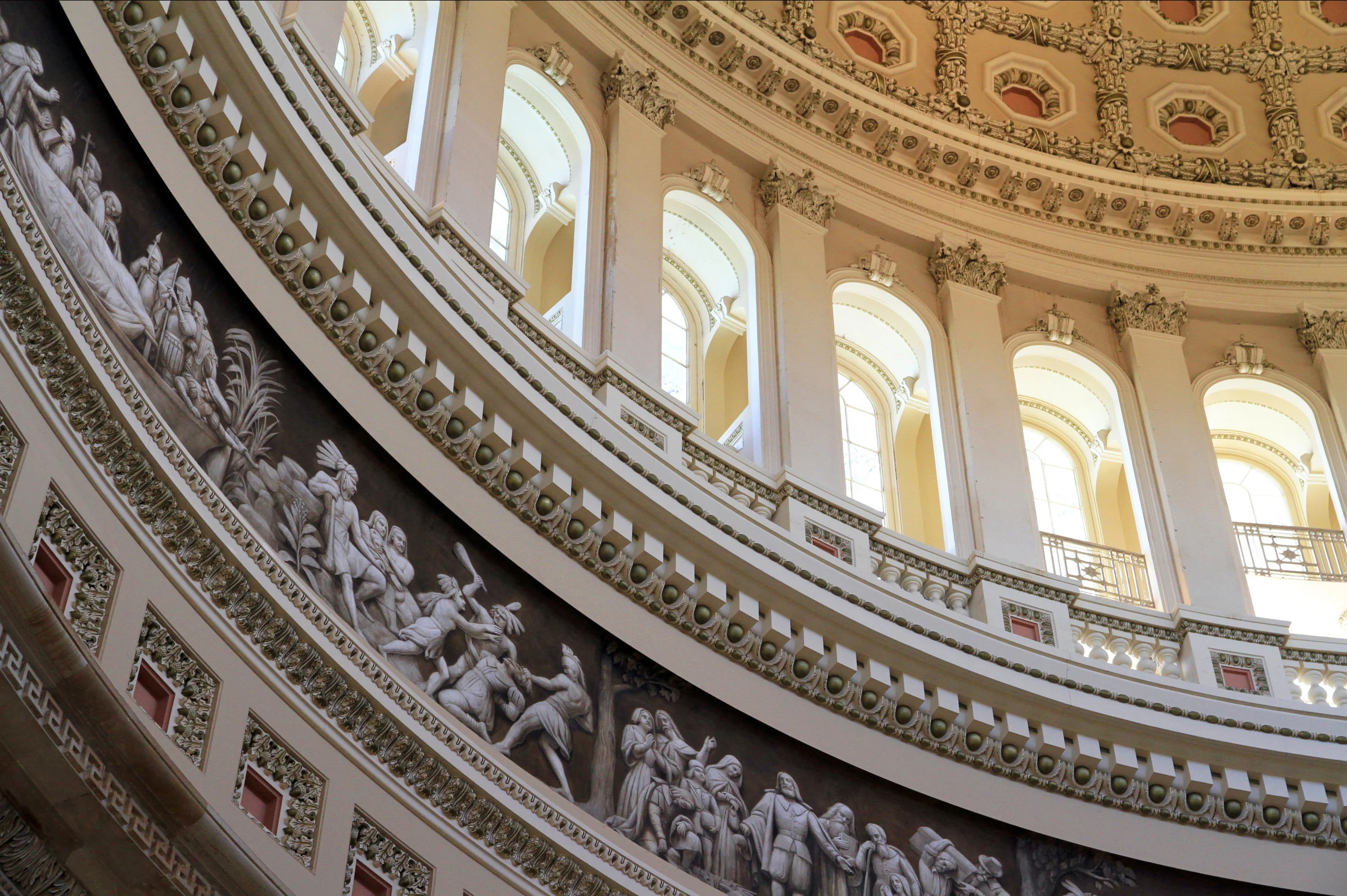WTOP reports on the difficulties finding job opportunities after serving in the military.
Announcing our 2017 Congressional Innovation Fellows!
Application Deadline Extended to Sunday, October 2, 2016
Recruiting Events throughout September
Congressional staff should be as diverse as the U.S. Here’s why they're not (and how we’re trying to build a program that is).
Lessons from the CivicX Accelerator
Permanent Innovation Fellows (part II)
Roll Call: Staffer Raise Might Pay for Daily Coffee
Orientation: What We Learned
Recode: A Silicon Valley-led third party is not going to restore faith in government
Recode writes about Silicon Valley's potential to work with the U.S. Government by presenting a third-party alternative in the 2016 Presidential election.
Selections: What We Learned
Joining the CivicX Accelerator
I couldn’t be more excited: we've been selected for the Points of Light Civic Accelerator! The program (CivicX for short) is unique because it’s focused on helping organizations like TechCongress that are tackling public-interest problems.
SXSW, and Working Within Institutions
Recruitment: What We Learned
Convening Technologists
Fellows Find their Placement
Meet the Fellows!
We're excited to announce our first class of Congressional Innovation Fellows! Learn more about the fellows and the start of the fellowship below.
Applications Are Open. Help Us Build 21ist Century Government
The country requires a Congress that can work with the tech world to grow our economy and help all Americans succeed. And for that, Congress requires more tech smarts. Applications for our inaugural class of Congressional Innovation Fellows close November 1.
My Origin Story
How do Members of Congress get things done? You might guess that they write a bill and then work hard to get it signed into law. But you'd be wrong.
Bills are what get signed into law. But letter writing is the way things really get done in the legislative branch.
Letters-- typed on paper, printed, signed and then mailed-- are how Members build awareness, exert influence and exercise oversight on issues.
A tumblr post I wrote back in October last year describes how Members of Congress do this (and here are some relevant recent examples). Creating a portal that captures and tracks the letters the Members of Congress send-- a Congress.gov for policymaking letters-- was my first foray into how technology could be used to modernize the legislative branch. I worked on the project through the NYU GovLab Solving Public Problems with Technology course which was led by former US Deputy Chief Technology Officer Beth Noveck. We called it Legisletters, and NYU ultimately built a Beta site, which scrapes and aggregates the existing letters that Members post to their own websites and makes them open and searchable. The Beta is a great start to the project and NYU has been looking for additional funding to expand it and add functionality.
Legisletters is my origin story-- the first project that sparked my drive to work on Tech Congress full time. Because Tech Congress is not only a technology fellowship-- it's about building a 21st Century Congress writ large. Tools like Legisletters are an important part of the work.




















